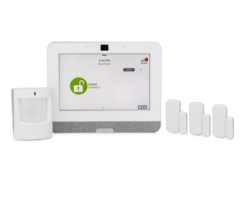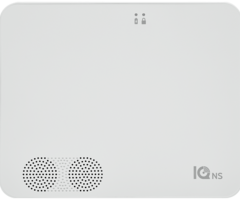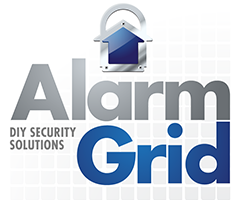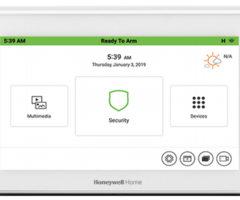Smart Home Controllers





Smart home controllers make a great addition to any security system. Home automation devices are becoming increasingly common, and they can make anyone's life more convenient. The biggest selling point is that you can control home automation devices from anywhere in the world. This is done using an app on your smartphone. In order to start building a network of home automation devices, you will first need a smart home controller.
The smart devices supported by a smart home controller will vary between different devices. You should check the wireless protocols supported by a smart home controller before deciding whether or not to purchase it. For a more consistent network, it is helpful if all your smart home devices can be controlled on the same network. This does not necessarily have to mean that they all communicate across the same protocol. For example, both Lutron and Z-Wave devices can be controlled through Amazon Alexa if your have a Honeywell System with Total Connect 2.0.
Z-Wave represents one of the most popular wireless protocols available today. Most modern alarm systems offer some types of Z-Wave functionality. Some panels require that you add a Z-Wave controller. Other panels come with the feature already included. This makes Z-Wave an easily accessible option for nearly anyone with an alarm system who is looking to get started with smart home automation. There are also all sorts of Z-Wave devices, including lights, door locks, thermostats and more.
An iOS user might choose to build a smart home network around the Apple HomeKit platform. HomeKit devices can be controlled from anywhere through an iPhone. You will need a compatible HomeKit hub such as an iPad or HomePod in order to do this. Alarm Grid sells the Honeywell Lyric Controller, which is a security panel compatible with the HomeKit platform. We recommend pairing HomeKit with Total Connect 2.0 for maximum functionality.
In addition to being able to manually control smart home devices, you can also have these devices activate automatically based on a schedule or with certain predetermined events. For instance, you might set up your network so that your smart lights shut off and your smart thermostat begins cooling your home at 11pm when you plan to go to sleep. You should also have your downstairs door unlock and your basement light turn on when you disarm your system. These automations are fully customizable, and you can set them up to suit your needs.







